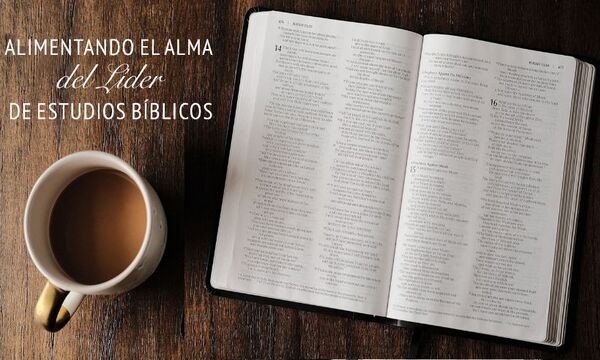We are presently teaching through the Minor Prophets at church. I had the joy of tackling the book of Amos over a couple Sundays in February—not exactly a seeker-sensitive text.
As a historian I have been trained to tease out bits of social realia from ancient texts. Amos is full of such data, attesting to “the good life” that the northern kingdom of Israel was enjoying during the reign of Jeroboam II:
- A Booming Economy
pleasant vineyards...wine...farmers...sell grain...wheat for sale (5:11, 17; 8:5)
- Beautiful Homes
winter house...summer house...houses of ivory...great houses (3:15)
- Nice Furniture
beds of ivory...couches (6:4)
- Plenty Of Good Food & Drink
lambs from the flock and calves from the midst of the stall...wine in bowls (6:4-6)
- The Finest Cosmetics
the finest oils (6:6)
- Great Entertainment
songs to the sound of the harp...instruments of music (6:5)
- Inspiring Worship & Nice Facilities
burnt offerings and grain offerings...peace offerings...songs...high places....sanctuaries (5:21-23; 7:9)
- Unassailable National Defense
defenses...strongholds (3:11)
Does the list of blessings look at all familiar? It should. With a few minor updates (e.g., from “the finest oils” and “the harp” to “Botox treatments” and “the electric guitar”) it is a fairly accurate portrait of the situation of God’s people in America—and the USA as a whole—from the 1950s or so until today. Christians who have lived through the past six decades of American history have arguably enjoyed the greatest period of prosperity and national security anywhere at anytime in world history. God has richly blessed us.
And so it was for Israel. It was truly The Best of Times, for Israel’s upper class, at any rate. And no one could have imagined it any other way: “Disaster shall not meet or overtake us!” (Amos 9:10). But then Yahweh’s prophet showed up with The Worst of News. Amos predicted that God would remove every single one of the above blessings from the lives of his people and he would deliver Israel into the hands of the Assyrians. Those of you who are famililar with OT history know that this is exactly what happened forty years or so later, in 722 BC.
I left our congregation with a “cliff-hanger” at the end of our first Sunday in Amos. After surveying (a) Israel’s blessings and (b) Amos’s devastating prophecy, we ended with the following question: “Why has God become so angry with a people that He has so richly blessed?”
We’ll consider the answer to that question in “Amos: Part Two,” later this week. It is a question that all of us who are on the receiving end of God's material blessings would do well to consider.
 Biola University
Biola University
.jpg)


.jpg)